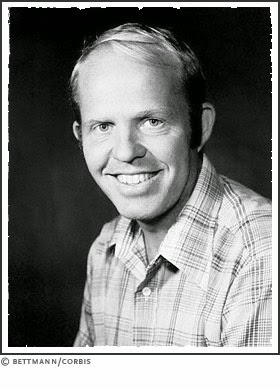 On August 27, 1963, around 250,000 people, whites and blacks alike, marched on Washington D.C. to protest for equal rights. To this day, this demonstration remains as one of the largest political rallies in United States history. The March was the result of the passion and dedication of the Civil Rights Leaders and also the the spirit of the proud U.S. citizens who traveled from every corner of the country to view this spectacle.
On August 27, 1963, around 250,000 people, whites and blacks alike, marched on Washington D.C. to protest for equal rights. To this day, this demonstration remains as one of the largest political rallies in United States history. The March was the result of the passion and dedication of the Civil Rights Leaders and also the the spirit of the proud U.S. citizens who traveled from every corner of the country to view this spectacle.But of course this march was no cake walk. It wouldn't be a protest for equal rights under the law if the government was attempting to intervene and undermine the project. Whether it was the FBI accusing Martin Luther King and his inner circle of being communists, or President John F. Kennedy pleading with Mr. King to cancel the march, not everyone was excited for this historic event.
The movie, "The March", told the story of the planning of the event and it is a story that not many people are accustomed to hearing. Most people, myself included, believed that it was just an all around success and was welcomed with open arms. Thats only about half the story. The behind the scenes work and effort that was put into this project was unbelievable. To watch this video, go to http://video.pbs.org/program/march/ and learn more.















